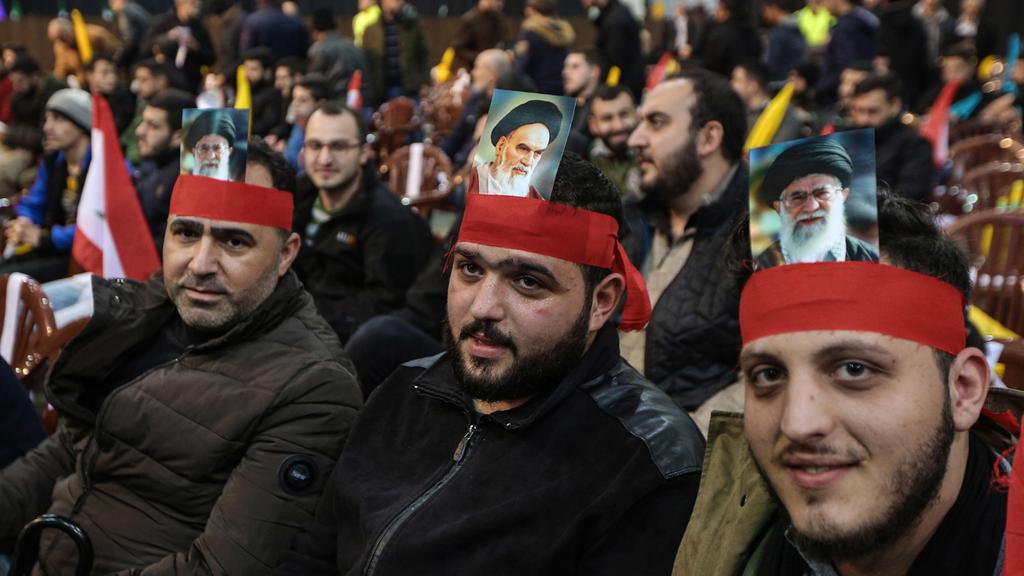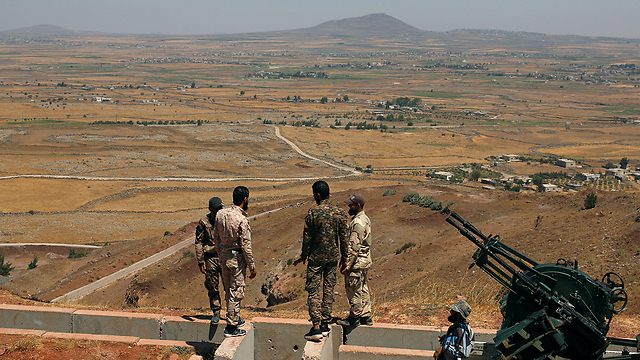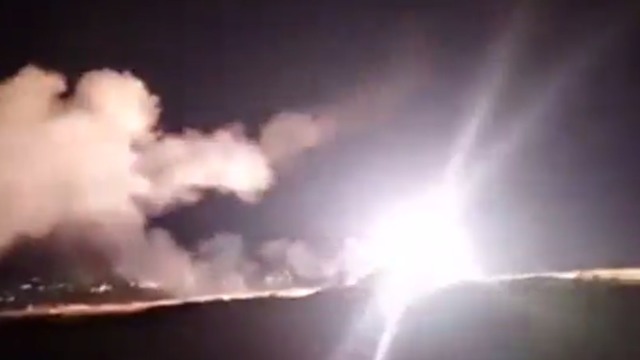When a politician claims achievements that are not his own, the damage to the public is considerable. In the case of Defense Minister Bennett's announcements of the past days, one about a cure for coronavirus that was developed in Israel and the other about Iranian troop withdrawal from Syria, the danger is greater.
The minister may run the risk of creating a misleading feeling of complacency.
On Monday Bennett announced the Israeli Institute for Biological Research has developed an antibody that could stop the progression of coronavirus in patients.
On Wednesday, a senior defense official claimed Iran was pulling out of Syria.
It is unclear if and when the Ness Ziona based research facility's efforts to develop a cure for COVID-19 will bear fruit but it is already evident that Iran's diminishing hold over Syria has been ongoing for over a year with the move of bases and personnel to the north of that country, its latest manifestation.
Israel has spent more than a billion shekels on its secret war in Syria over the past three years, carrying out a policy that aims to convince the Iranians that their strategy to turn the Israeli Syrian border into an Iranian frontline position from which to launch attacks, would never succeed.
In April, after a month-long hiatus, IDF attacks on Iranian interests in Syria resumed, according to international media reports.
The strikes targeted Iranian infrastructure guided by the strategic perception that the Islamic Republic is in dire straits because of prolonged sanction and the coronavirus pandemic which has hit Iran hard.
Israeli defense officials believed Iran's allies in the region are themselves preoccupied with the pandemic and that Tehran would be forced to reconsider its long-term strategies and to exercise caution in order to avoid harsh Israeli military actions against their bases as well as against Syrian areal defenses.
Israel is also struggling with the effects of the coronavirus pandemic and needs at least two years without any major military challenges in order to rehabilitate its economy. The possibility of months of missile attacks on the north, which would suspend civilian activity and businesses is a nightmare scenario for Jerusalem.
That is why instead of boasting, the Defense Minister and the Chief of Staff would be wise to continue Israel's efforts to foil Iranian entrenchment in Syria without causing an uptick in tension on the northern front and without risking an outbreak of violence on the West Bank and over the Gaza border.
3 View gallery


Hezbollah supporters in Beirut celebrate anniversary of the Islamic revolution in Iran
(Photo: EPA)
The Iranians have not gone anywhere yet. Some security analysts believe they will temporarily reduce their activities in Syria but will determine their strategy going forward after the November U.S. elections.
A shortsighted policy based on the conception that Iran has been pushed out of the region is a reminder for Israelis that those in leadership, especially in positions that could determine whether there will be war, must not regard their current tole in government as a political stepping-stone.



